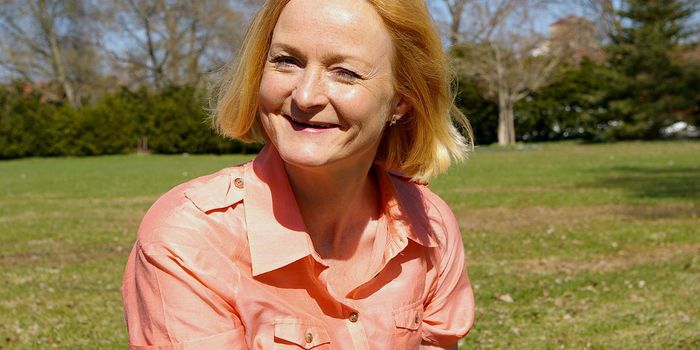Huge Studies Evaluate COVID-19 Vaccines & Side Effects
Researchers have now had years to evaluate the efficacy and safety of COVID-19 vaccines, and the news is relatively good. The mRNA vaccines made by Moderna and Pfizer-BioNTech have not been able to stop the spread of COVID-19, but they have been effective at preventing serious COVID-19 illnesses and hospitalizations, and the risk of side effects from the vaccines has remained low. When side effects have occurred, most people have gotten over them, fully recovering quickly.
Reporting in the Journal of the American Medical Association (JAMA), researchers conducted a study of 10 million people that live in North Carolina. It showed that people who got the two-dose series of COVID-19 mRNA vaccines were far less likely to get very sick, be hospitalized, or die if they were infected with SARS-CoV-2 even a year and a half after their COVID-19 vaccination compared to unvaccinated people.
Another JAMA study confirmed those findings by studying over 1.6 million patients being treated at various Veterans Health Administration facilities. Only about nine people in 10,000 got sick enough to be hospitalized when they got COVID-19 after being vaccinated and boosted. That rate was higher for individuals who were high risk or had comorbidities, but they were still protected by the vaccines and boosters, and there was a very low incidence of death.
"This is remarkable, good news about the power and effectiveness of receiving COVID-19 boosting for all groups," said study co-author and Regenstrief Institute research scientist Dawn Bravata, M.D.
Booster doses on their own also conferred protection, even for people who had previously gotten a COVID-19 infection. There was a decline in protection as time went on, however, which emphasizes the importance of booster shots, noted lead study author Danyu Lin, Ph.D., the Dennis Gillings Distinguished Professor of Biostatistics at the UNC Gillings School of Global Public Health.
Another, unrelated study reported in Vaccines found that the COVID-19 vaccines have not led to an increase in the incidence of Guillain-Barré syndrome, a rare autoimmune disorder in which the nerves are attacked. Although there were reports of new Guillain-Barré cases when the vaccines were released, the researchers found that those cases did not happen at a higher than typical rate. There was no statistical link between the vaccines and the syndrome.
A different study reported in Circulation examined cases of myocarditis that happened after COVID-19 vaccinations. Young adult males were found to be at risk of myocarditis after they'd gotten either Pfizer-BioNTech or Moderna vaccines. The risk of myocarditis is extremely low; only about 0.007 percent of vaccinated people experienced the heart issue. However, myocarditis was far more common in unvaccinated people who had gotten COVID-19.
The individuals who did get myocarditis after a vaccine were found to have recovered quickly. After 90 days or more had elapsed since people got post-vaccination myocarditis, health care providers said most of them had recovered, and their quality of life had returned to pre-pandemic levels.
A recent study by the Commonwealth Fund has said that 90,000 deaths and 936,000 hospitalizations could be prevented if enough Americans get their booster shots. And researchers and clinicians are reminding people that it is perfectly safe to get a COVID-19 booster shot and flu shot at the same time.
Sources: JAMA, Regenstrief Institute, Vaccines










